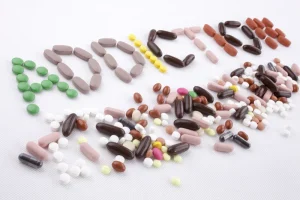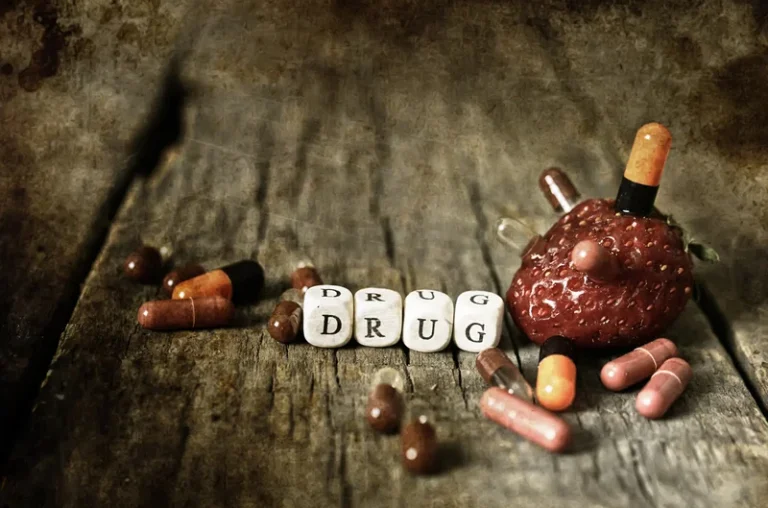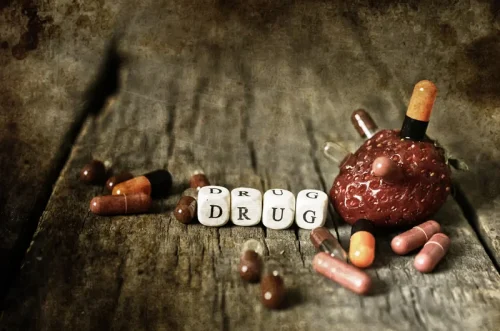Alcohol and congestive heart failure: What to know

So even if you don’t have any alcohol during the week, you shouldn’t save all of your drinking for the weekend and overdo it. And sure, we’ve all had a night here or there where we’ve had one too many and we know it. But it’s important to make sure those nights of overindulgence are the exception and not the rule. If you’re not sure, make a note to tune into how much you’re having over the course of the next month or so.

How to Prevent Cardiomyopathy
This disease weakens the heart muscle over time, leading to an enlarged heart. It can be dilated, restrictive, or hypertrophic, each with distinct effects on the heart’s structure and function. Earlier studies by Puszkin and Rubin (10) were the first to suggest that alcohol had effects on the regulatory proteins, troponins or tropomyosins. They found that high concentrations of alcohol (150 mmol to 180 mmol) administered acutely inhibited calcium binding to troponin-tropomyosin protein complexes in vitro.
ACTIONS
Common symptoms of cardiomegaly include shortness of breath, chest pain, fatigue, irregular heartbeat, and swelling in the legs. In some cases, an enlarged heart may not produce noticeable symptoms initially but may progress to more severe symptoms over time, potentially leading to congestive heart failure or blood clots. Cardiomegaly, or an enlarged heart, is a condition with various underlying causes that impact the heart’s function and structure. With early detection and proper treatment, individuals can manage this condition and lead fulfilling lives. what is alcoholism The treatment depends on the underlying cause, and with the help of cardiovascular medicine, lifestyle changes, and appropriate medications, patients can improve heart function and reduce the risk of complications. The patient’s delirium tremens was treated with benzodiazepines, and her congestive heart failure was treated with diuretics and an angiotensin-converting enzyme (ACE) inhibitor.
What to know about alcohol and congestive heart failure

But alcohol can lead to your heart rate temporarily jumping up in speed, and if it goes over 100 beats per minute, it can cause a condition called tachycardia. Too many episodes of tachycardia could lead to more alcohol enlarged heart serious issues like heart failure or going into irregular rhythms, which can cause heart attack and stroke. Treatment for certain underlying conditions may help an enlarged heart return to normal size.
In these cases, your heart will return to its usual size after treatment. Enlarged heart treatment focuses on managing the condition that’s causing cardiomegaly. Your healthcare provider may prescribe medications to treat any underlying heart conditions. Many disease processes can cause the heart to dilate due to problems https://ecosoberhouse.com/ with the underlying heart muscle.
How to diagnose cardiomegaly
Unless there are other heart conditions present, neither of these reasons is cause for concern. An enlarged heart means you have a condition that has increased the size of your heart. A diagnosis of left atrial enlargement can be made by looking at the heart with an echocardiogram. This article explains the causes and symptoms of left atrial enlargement, how it’s diagnosed, and how you can treat issues that might have led to the condition.
Cardiomyopathy Types
When you have this type of cardiomyopathy, the walls of your heart chambers get thicker than they should be. They can become stiff and block the lower chambers of your heart, affecting blood flow. This is not actually a separate type, but a term doctors use to refer to dilated cardiomyopathy for which they don’t know the cause.

The right side of the heart has a remarkable ability to bounce back from acute strain and treatment of the underlying cause may often lead to resolution of the enlargement completely. It is important to avoid drinking large amounts of alcohol when you have an enlarged heart. Drinking alcohol increases the risk of heart failure and an enlarged heart because it can raise blood pressure, increase triglyceride levels, cause irregular heartbeats and is toxic to the heart. While drinking too much alcohol increases the risk of complications with an enlarged heart, drinking a moderate amount of alcohol can actually reduce the risk of heart disease. A moderate amount of alcohol is one drink for women and two drinks for men daily, according to the American Heart Association 4. Electron microscopic studies (7,8) of biopsies from patients with alcohol-induced cardiomyopathy have shown evidence of damage to the myofibres, including separation of filaments and loss of striation.
Alcohol’s Effects on Blood Pressure and Incident Hypertension
- Electrolyte abnormalities, including hypokalemia, hypomagnesemia, and hypophosphatemia, should be corrected promptly because of the risk of arrhythmia and sudden death.
- There’s no cure, but treatment can ease symptoms and help keep your condition from getting worse.
- An anticoagulant medicine reduces the ability of the blood to clot.
For patients with high blood pressure or heart muscle defects, evidence of an enlarged heart can be seen on an EKG. Data derived from systematic reviews and meta-analyses suggest that alcohol-dose and CV-health relationships differ for various CV conditions. For example, certain levels of alcohol consumption that lower risk for CHD may increase it for other CV conditions, such as stroke.
Cardiac Catheterization
For this test, a doctor will thread a small tube (catheter) through a blood vessel in your leg and up to your heart. This lets them measure pressure and blood flow and check for blockages. People of all ages, genders, races, and ethnicities can get cardiomyopathy. Black people are more likely to get dilated cardiomyopathy than white people. This rare type happens when your heart muscle doesn’t develop properly while you’re in the womb. It causes the muscle in your left ventricle to become thick and spongy, instead of firm.

Leave a Comment